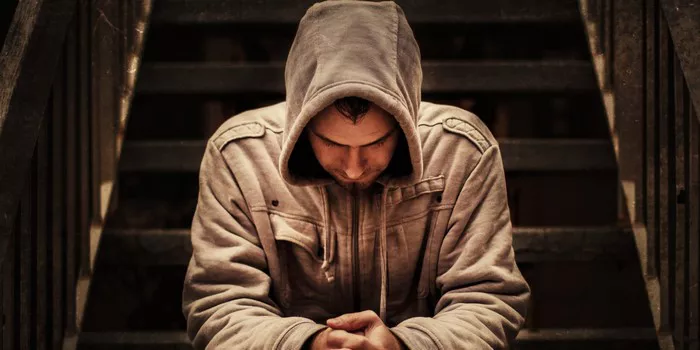Acknowledgement and Validation
FAQs
Is there a way to end depression?
Depression can be effectively managed and often alleviated with the right treatment and support. This typically involves a combination of medication, such as antidepressants, and psychotherapy, including cognitive-behavioral therapy (CBT). Lifestyle changes like regular exercise, healthy eating, and adequate sleep also play a crucial role. Support from family, friends, and support groups can further aid in recovery. However, it’s important to note that treatment effectiveness varies by individual, and some may require a long-term approach to manage symptoms.
Does depression end by itself?
Depression can sometimes remit on its own, especially in cases of mild depression. However, this is not guaranteed and can take a long time. Many people with depression experience persistent or recurring symptoms without treatment. Professional intervention significantly increases the likelihood of recovery and reduces the duration and severity of depressive episodes. Therefore, seeking help from mental health professionals is strongly recommended for anyone experiencing depressive symptoms.
Is it easy to stop depression?
Stopping depression is not usually easy and often requires comprehensive and sustained effort. Effective treatment often involves a combination of medication, therapy, and lifestyle changes, and the process can take time. Each person’s experience with depression is unique, and what works for one person may not work for another. Additionally, depression can be a chronic condition for some, requiring ongoing management. The journey to recovery can be challenging, but with appropriate support and treatment, many people can find relief from their symptoms.
Related topics:
- Overcoming Overwhelm and Depression: A Comprehensive Guide
- Taking a Mental Health Day: A Quick Guide
- Emptiness and Hopelessness: A Guide to Finding Light in the Darkness


